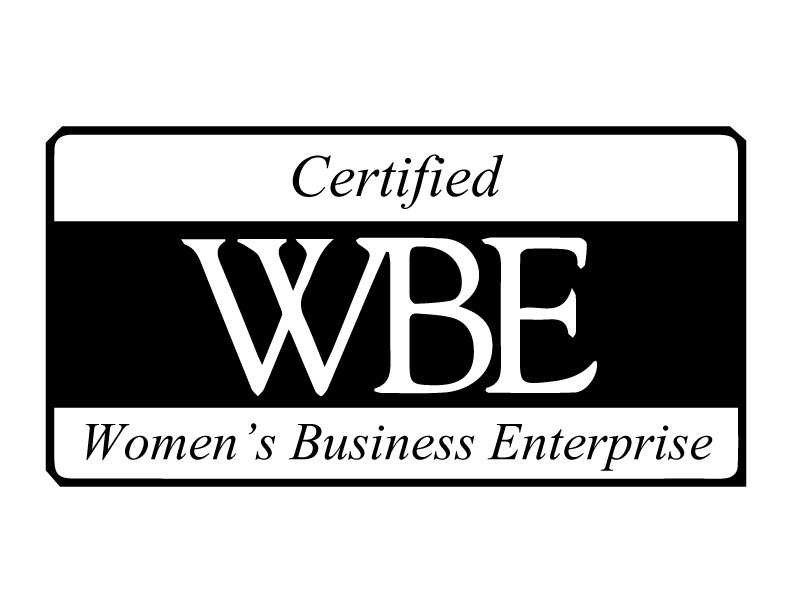Saying 'I Do' to Sustainability: 6 Ways to Plan a Sustainable Wedding in Northern NJ
- Annette Chiavelli

- Nov 11, 2024
- 3 min read
Updated: Nov 14, 2024
Wedding planning can quickly become overwhelming, especially when you factor in sustainability. Rather than getting lost in the external noise of how a wedding “should” look, I focused on our intentions for the experience.
Inviting guests to celebrate you and your partner creates an opportunity for a deeper connection. What better way to share more about yourselves then by crafting a wedding that reflects your values?
For us, one of our core values was sustainability. Having attended numerous weddings in Northern New Jersey, I noticed a common emphasis on excess—a trend I wanted to avoid at all costs.
The first step in planning our sustainable wedding was defining what sustainability meant to us as a couple. It’s not about perfection; we didn’t aim for zero waste. Yes, we still used disposable items, but we made intentional choices that aligned with our values, steering clear of the trap of wedding excess.
While we weren’t focused on achieving a completely waste-free wedding, we did want to minimize waste wherever possible. According to the Huffington Post, a wedding with 110 guests generates up to 600 lbs. of waste. In 2023 alone, New Jersey saw approximately 46,859 weddings. If we assume half of those weddings had at least 110 guests (which is likely low, given the median count is around 176-186), that equates to a staggering 14,057,700 lbs of waste from those weddings last year alone. Yikes! That’s a jaw-dropping statistic!
To help reduce that statistic, here are six choices we made that contributed to our vision of a sustainable wedding:
Opting for Wooden Flowers: I always felt heartbroken seeing beautiful flowers tossed away at the end of a wedding. So, we collaborated with a wooden flower florist, Grains and Stock, who fully customized and hand painted our pieces. These flowers are not only stunning but lasting! Plus, this choice cost nearly 35% less than traditional flowers. Instead of bouquets for the bridesmaids, I created flower triangles they could take home and repurpose. We also repurposed our ceremony decorations for the reception and rented some items rather than buying everything.
Composting Food Waste: We partnered with Neighborhood Compost to compost all food waste from the wedding. We spent the entire day there, from 8am to 11pm, with breakfast and lunch for our bridal party, followed by festivities for our 80 guests. We produced 124 lbs of food waste, but Neighborhood Compost made it smooth, easy and accessible. They coordinated with the venue, providing collection bins and educating the staff on proper usage. You can learn more about event composting here.
Limited Signage: Instead of numerous signs for seating charts, menus, and ceremony details, we created a multi-purpose program that included all of that information along with a QR code for capturing photos and informing guests about our composting with Neighborhood Compost. We only chose three additional signs: a welcome sign, one for the bar, and one for the ancestor table.

Printing on Recycled Paper: For the paper items we did print, we chose recycled paper. We opted for paper invitations with digital RSVPs in addition to printing the multi-purpose programs. Companies like Paper Culture made it easy to print our invites on recycled paper.
Recycling Decor Items: Recently, a few family members got married, and instead of buying new decor, I repurposed some frames and vases from their celebrations to save costs and reduce waste. In addition to repurposing items from family, we also used our light-up dancing items as a send-off instead of using sparklers.
Choosing a Sample Dress: Rather than buying a brand-new gown, I selected a sample dress that I customized with a seamstress to achieve my desired look. It's sustainable and one of a kind! Win win!
It’s important to remember that a sustainable wedding isn’t about perfection or recreating a Pinterest ideal. It’s about crafting an event that truly reflects your values and intentions as a couple. The first step in this process is getting clear on what sustainability means to both of you. Does it mean zero waste? Does it mean making intentional choices with certain elements? There’s no wrong way to follow your values!
If you’re interested in planning a sustainable wedding, I’d love to help! When I’m not working with Neighborhood Compost, I’m planning intimate, intentional and sustainable weddings and retreats. I’m the CEO of Undefined Events where we work with couples to create intentional experiences tailored to who they are, not just what’s expected.
Reach out at undefinedevents.com/wedding to inquiry about your date!
For all your event composting needs, reach out to Neighborhood Compost for a seamless experience!
By: Annette Chiavelli










Comments